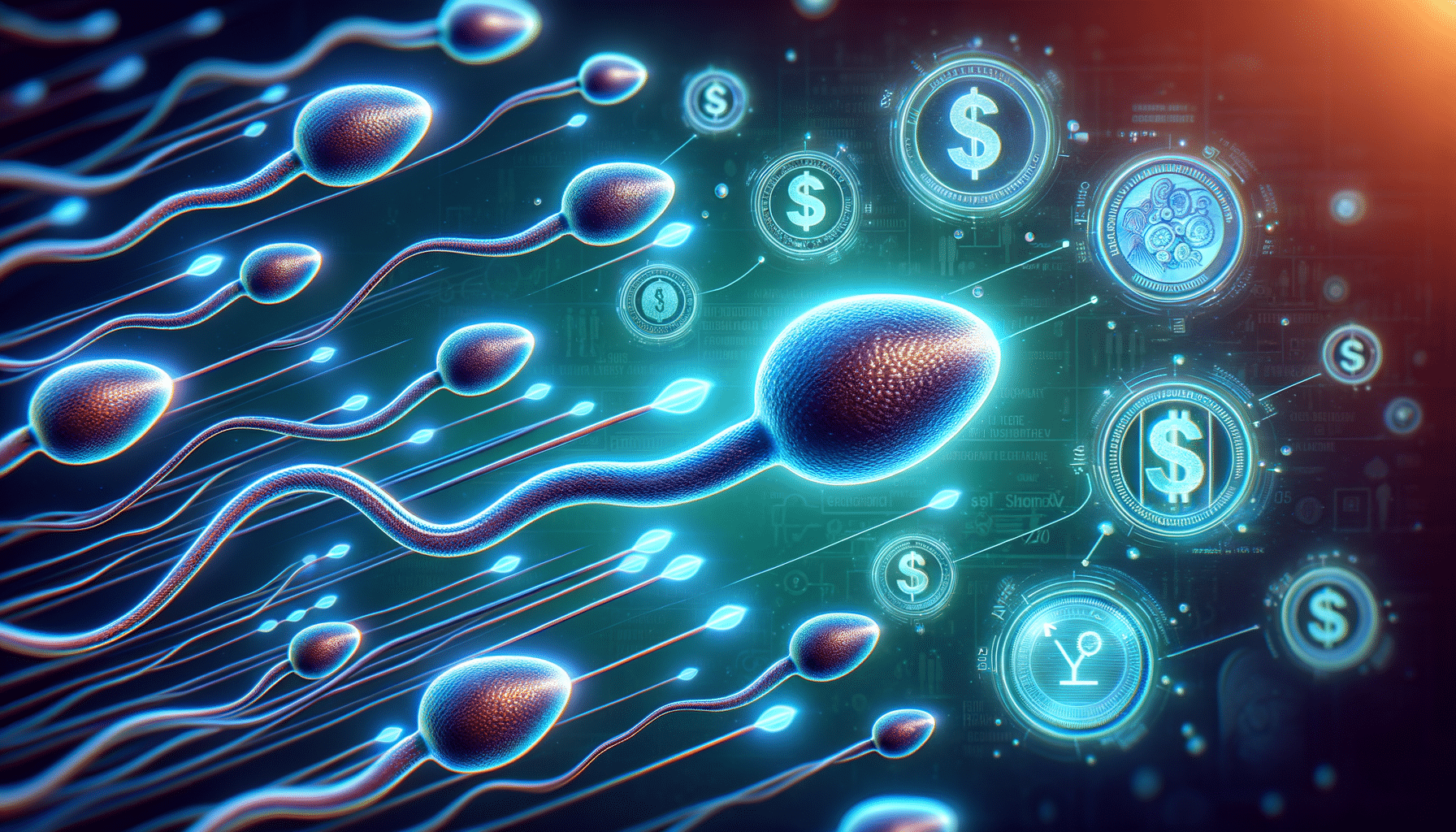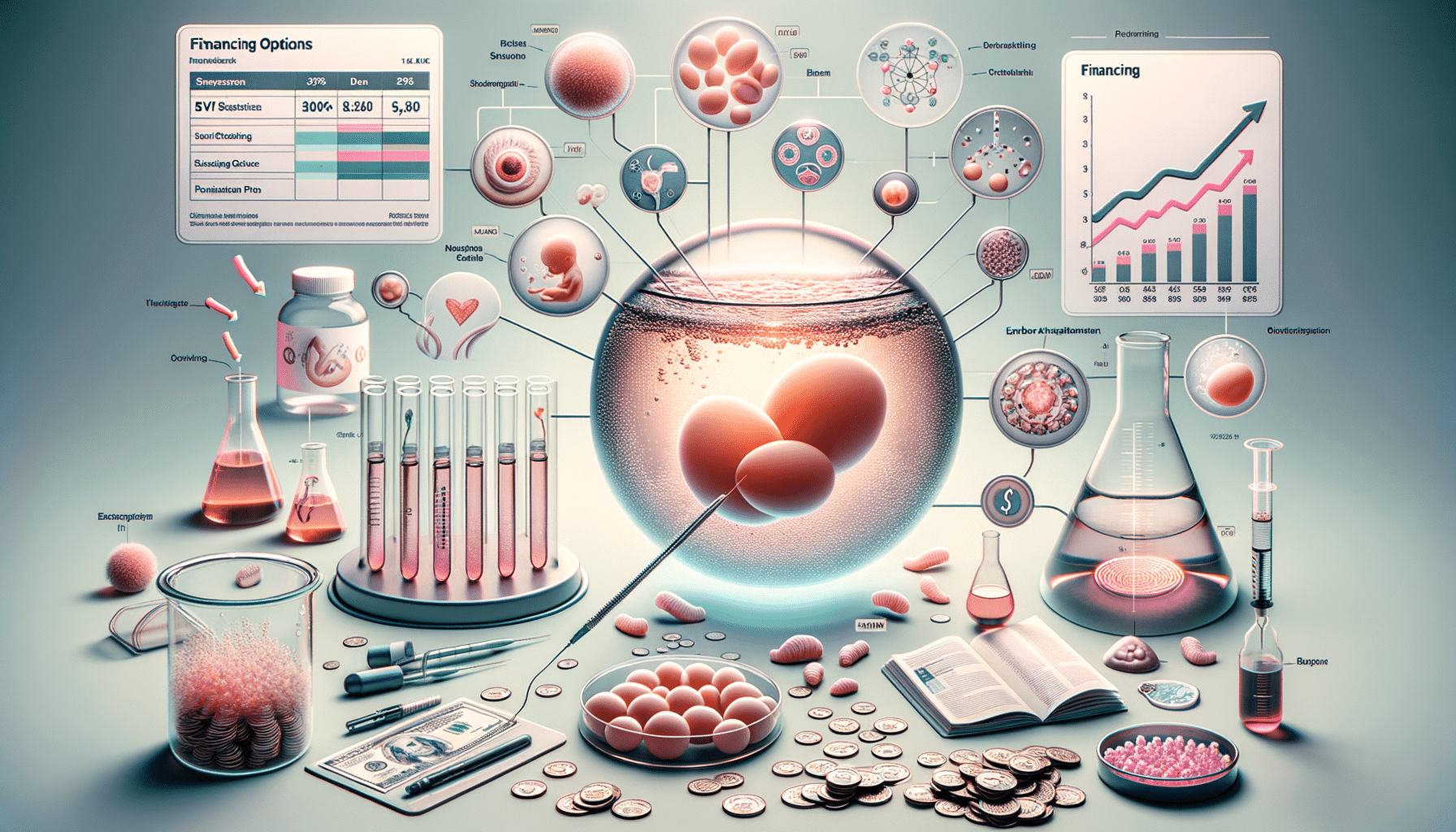
Understanding Sperm Donation: Exploring Its Impact and Benefits
Introduction to Sperm Donation
Sperm donation is a process that involves a man donating his sperm to help individuals or couples conceive a child. This practice has gained prominence as more people seek alternative ways to build families, whether due to infertility issues, single parenthood, or same-sex couples wanting to have children. Sperm donation is a regulated process that ensures the safety and health of all parties involved, making it a reliable option for those in need of reproductive assistance.
The significance of sperm donation extends beyond the act itself, as it touches on various aspects of personal and societal values. It offers a pathway for individuals to contribute to the creation of life, providing an opportunity to make a profound impact on the lives of others. Moreover, it raises important ethical and legal considerations, ensuring that the process remains fair and transparent for all involved.
Personal Fulfillment and Altruism
One of the primary motivations for sperm donation is the personal fulfillment and altruistic satisfaction that comes from helping others. Donors often express a deep sense of gratification knowing they have played a pivotal role in helping someone achieve their dream of parenthood. This act of giving can be particularly rewarding for those who are motivated by the desire to make a positive difference in the world.
Altruism in sperm donation is not just about the act itself but also about the long-term impact it has on families. Donors contribute to the happiness and well-being of individuals who might otherwise face significant challenges in having children. This sense of purpose and contribution to societal well-being can be incredibly fulfilling, fostering a connection to a broader community and the shared goal of family-building.
Financial Compensation and Benefits
While altruism is a significant motivator, financial compensation is another aspect that attracts individuals to sperm donation. Donors are typically compensated for their time, effort, and the commitment required in the donation process. This compensation can vary depending on the clinic or organization, but it generally provides a tangible benefit that acknowledges the donor’s contribution.
The financial aspect of sperm donation can be appealing to students, young professionals, or anyone looking to supplement their income. However, it’s important to note that the compensation is not just about monetary gain; it reflects the value and importance of the donor’s role in helping others achieve parenthood. The benefits of sperm donation, therefore, encompass both personal satisfaction and financial rewards, creating a well-rounded incentive for potential donors.
Ensuring a Safe and Regulated Process
Sperm donation is conducted under strict regulations to ensure the safety and well-being of all parties involved. Donors undergo comprehensive health screenings, including genetic testing and infectious disease screening, to ensure that the sperm is safe for use. These measures protect the health of the recipient and any future offspring, maintaining high standards of medical safety.
Moreover, legal frameworks are in place to protect the rights of donors, recipients, and any resulting children. These regulations address issues such as anonymity, parental rights, and the ethical implications of sperm donation. By adhering to these guidelines, sperm banks and clinics provide a secure and reliable service, fostering trust and confidence among donors and recipients alike.
Conclusion: The Impact of Sperm Donation
Sperm donation is a multifaceted process that offers significant benefits to individuals and society. It provides an opportunity for personal fulfillment and altruism, allowing donors to make a meaningful impact on the lives of others. The financial compensation and the regulated nature of the process further enhance its appeal, making it a viable option for those looking to contribute to family-building efforts.
Ultimately, sperm donation is about more than just the act of donating; it’s about creating possibilities and supporting diverse paths to parenthood. As society continues to evolve, the role of sperm donation in family-building remains an important and valuable component, reflecting the changing needs and values of individuals seeking to create families.


